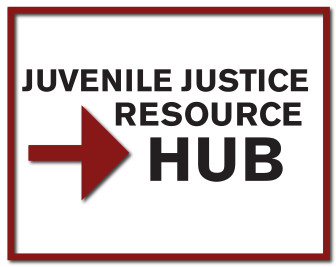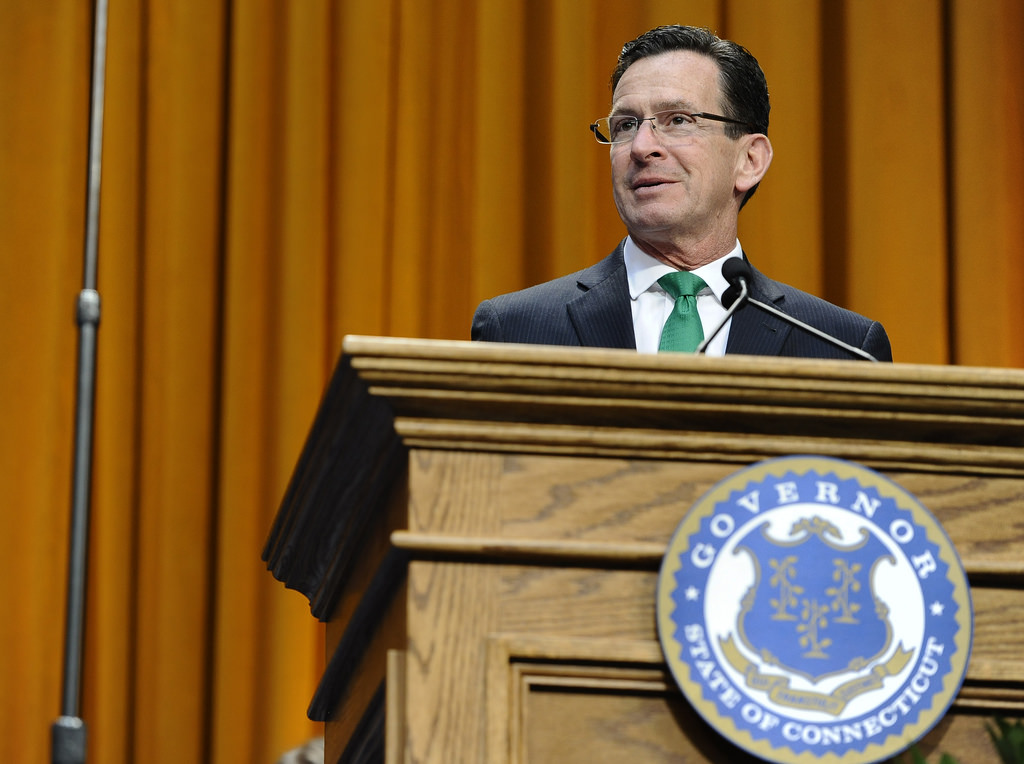Connecticut Gov. Dannel P. Malloy today said the state should consider treating young offenders as juveniles until they are 21 years old, a cutting-edge reform proposal.
“You can commit a nonviolent offense at 17 without a criminal record, but if you're 18 and you commit the same crime, it lasts a lifetime,” Malloy said in a speech at the University of Connecticut School of Law.
“If we are to acknowledge that we know a one-size-fits-all approach to criminal justice hasn't worked, that permanent punishment hasn't worked, then let's think about changing the artificial barriers we've imposed to get it right,” Malloy said.
A successful bid to raise the age of juvenile jurisdiction from age 17 to 20 would build on Connecticut’s existing push for juvenile and criminal justice reforms. The state often is considered a leader in juvenile justice reform.
Malloy also said the state should consider reforms for young adults through age 25, including confidential case hearings and record sealing and expungement.
 Across the country, research into adolescent brain development has helped shape the juvenile justice reform movement, including in Connecticut. Reformers have been guided by research that says teenagers are different than adults, with a greater capacity for rehabilitation.
Across the country, research into adolescent brain development has helped shape the juvenile justice reform movement, including in Connecticut. Reformers have been guided by research that says teenagers are different than adults, with a greater capacity for rehabilitation.
Malloy’s speech is one of the most high-profile statements about whether to apply the same science to young adults in the justice system.
“Teenagers are different from young adults. Young adults are different from those in midlife,” he said.
A spokesman for the governor said Malloy’s remarks are intended to begin a conversation among lawmakers, advocates and others that could lead to legislation.
In 2007, a state law raised the age of juvenile jurisdiction from age 15 to 17, a change that was implemented from 2010 to 2012.
Abby Anderson, executive director of the advocacy group Connecticut Juvenile Justice Alliance, said the successful passage and implementation of the earlier legislation could ease the way for a new proposal.
“It would be hard for someone to argue, ‘This is probably going to be a nightmare!’ when last time around it wasn’t,” she said.
Nationally, most states consider teenagers juveniles until they turn 18. Two states, New York and North Carolina, treat all 16- and 17-year-olds as adults.
Marcy Mistrett, executive director of the Campaign for Youth Justice in Washington, said a push to raise the age further in Connecticut would keep up the momentum for juvenile justice reforms, including raise the age campaigns.
At a time when advocates are pushing the last cluster of states to raise the age to 17, Connecticut would move the discussion forward yet again, she said.
“Here they go asking for 21. It makes sense, it aligns with what brain science tells us and I think it’s a good path forward,” she said.
(This story has been updated.)

My husband has been incarcerated since he was 19 and we live in Washington State. He is now filing for a prp based on this whole fact that the brain does not develop until mid 20’s which can cause people to act impulsively. I am just curious if the governor is talking about this being something retroactive. Would this apply to people whi have already been sentenced and served 15-20 years. I know California just passed a bill which will take effect Jan 1st that says if 1st and 2nd degrer murder were commited from 18-24 years old you would serve 15 years for 2nd and 20 for 1st and be released it is retroactive…